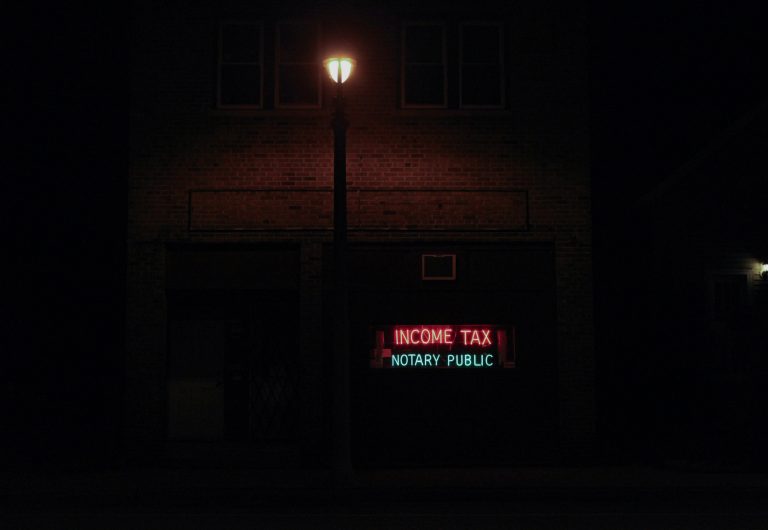As most of us know, following COVID-19, the Australian Taxation Office’s (ATO) stance has changed and it is now pushing […]

As most of us know, following COVID-19, the Australian Taxation Office’s (ATO) stance has changed and it is now pushing […]
As most of us know, following COVID-19, the Australian Taxation Office’s (ATO) stance has changed and it is now pushing to recover outstanding taxes from many small businesses. It can do so through Director Penalty Notices, better known as DPNs.
A quick summary is:
• A DPN is a notice issued by the ATO to a director in respect of certain unpaid tax and superannuation liabilities.
• A DPN may be a 21 Day (standard) DPN or a lockdown DPN. Each type has differing courses of action.
• If a standard DPN is not addressed, the receiving director becomes personally liable to pay the debts involved. A lockdown DPN is immediate liability for the receiving director.
Importantly, there are ways to avoid becoming personally liable. But time is of the essence.
You can take a number of actions to deal with the standard DPN. These are:
1. Have the company pay the relevant debts;
2. Place the company into Voluntary Administration;
3. Appoint a Small Business Restructuring Practitioner;
4. Place the company into Creditors Voluntary Liquidation
A lockdown DPN means the company failed to lodge its required reporting within specified times. Therefore, the options available to deal with a lockdown DPN are limited to:
1. Have the company pay the relevant debts;
2. Personally pay the debts;
3. Personally negotiate with the ATO for a payment arrangement;
4. Enter into a formal personal insolvency arrangement, including a debt Agreement, the appointment of a Controlling trustee and proposing a Part X agreement, or bankruptcy.
There are also defences for both types of DPNs that should be considered.
The available defences are:
1. As a director, you did not take part in the management of the company due to illness or some other acceptable reason;
2. You took all reasonable steps, unless there were no reasonable steps available, to ensure that one of the following events happened:
a. The company paid the amount outstanding; or
b. An administrator was appointed to the company; or
c. A small business practitioner was appointed to the company; or
d. The directors began winding up the company (within the meaning of the Corporations Act 2001).
If you've received a DPN, it's important to speak with an experienced lawyer. You can contact us on 1300 660 884 for a free 30 minute consultation to discuss your circumstances and options available to you.

